For Native American women living on tribal lands, obtaining an abortion has long been a difficult and daunting process.
For Native women in Texas, that challenge has been magnified after the U.S. Supreme Court refused this week to block the state’s ban on most abortions, underscoring the unique health disparities that Indigenous women have long faced and the potential threats to their health, said Charon Asetoyer, executive director of the Native American Women’s Health Education Resource Center.
Asetoyer, a Comanche tribe descendant, fears that many Native women, who already suffer from the highest rates of rape and sexual assault, will be unable to find the monetary means to access a safe and legal abortion outside Texas — if that’s even an option for them — or be forced to give birth under already strenuous and financially fraught circumstances. Indigenous women in the United States are more than twice as likely than white women to die from conditions caused or exacerbated by pregnancy.
“It’s certainly a whole other level of mental anxiety and cruelty that’s forced upon us,” Asetoyer said. “Our right, our human right, to make this decision is being taken from us.”
Abortion-related data available through the federal Indian Health Service, or IHS, which provides health care access to about 2.5 million American Indians and Alaska Natives, is woefully incomplete, activists and researchers say.
Asetoyer helped to spearhead a survey in 2002 that found 85 percent of IHS health care facilities did not comply with the agency’s official abortion policy, and at 62 percent of the facilities, staff said that they do not provide abortion services or funding even in cases where the woman’s life is endangered by the pregnancy.
That is in violation of the Hyde Amendment, which was enacted by Congress in 1976. The measure — whose namesake was GOP Congressman Henry Hyde of Illinois — essentially prohibits federal funds to be used for abortion services except for pregnancies that were the result of rape or incest or if the woman’s life is at risk. Many states also require women seeking abortions to have filed police reports within a certain time frame.
After the Hyde Amendment was passed, the IHS said it performed 25 abortions over a 20-year period, according to researchers.
The IHS did not immediately respond to a request for the latest available abortion-related statistics or comment about the process for Native women on tribal lands who are seeking abortions.
Asetoyer said the problem remains that many IHS facilities simply don’t have the resources to perform abortions or their employees mistakenly believe that all forms of abortion are illegal.
“They don’t even provide abortions under the restrictions of the Hyde Amendment,” she added.
The main IHS website doesn’t specifically mention abortion on its “reproductive health” page nor does its health manual reference allowances for abortions related to rape or incest.
Activists say that’s particularly troubling given that 1 in 3 Native women are raped or the victim of attempted rape, according to 2012 Justice Department statistics.
Texas’ new abortion law is the most restrictive in the nation, and bans such a procedure once a doctor can detect a fetal heartbeat, which is usually around six weeks and may even be before some women realize they’re pregnant. The act makes an exception for medical emergencies that would affect the mother’s health, but not for rape or incest.
Even with the state law in place, Native women in Texas who get care through the IHS would theoretically have more permissive access to an abortion since the Hyde Amendment does make exceptions for rape or incest. But tribal and urban IHS health centers in Texas contacted by NBC News said they do not provide abortion services regardless.
Native women seeking an abortion typically have to venture off the reservation, which can be a taxing experience if the nearest clinic is in a city that might be hundreds of miles away, requiring extensive travel and out-of-pocket costs.
Asetoyer, who resides on the Yankton Sioux Reservation in South Dakota, said that has been the case in her state, where the only clinic offering abortions — a Planned Parenthood in Sioux Falls — paused procedures for seven months in 2020 because of pandemic-related restrictions. More than 450 women had to travel out of state, South Dakota News Watch reported.
For those women, particularly Native women living in poverty, getting a safe abortion may simply be unrealistic, said Sarah Deer, a professor of women, gender and sexuality studies at the University of Kansas and a citizen of the Muscogee (Creek) Nation of Oklahoma.
Adding yet another distressing layer to the issue of how Native women have historically been denied their reproductive rights, about 3,400 of them — including three dozen under 21 — were forcibly sterilized by the IHS in the 1970s. The practice was part of the federal government’s “family planning” services, and was explored in the 2018 documentary “Amá” about the consequences of coerced sterilization.
“Understanding reproductive justice in a historical context is the government saying, ‘We don’t want you to have babies. We don’t want any more Indians to take care of. Your children will be removed,'” Deer said. “The message we want to send now is that all reproductive justice in Indian Country is laden with these really difficult issues.”
She added that because of the trauma resulting from having their families ripped apart, there are also Native Americans who are against abortions and “may be approaching it from the issue of preserving the children.”
In 2006, Cecilia Fire Thunder, the first woman elected president of the Oglala Sioux Tribe, the largest Native tribe in South Dakota, championed building a Planned Parenthood on its reservation — in response to the state banning virtually all reasons for an abortion. But that proposal was controversial, and led the tribal council to impeach Fire Thunder.
Asetoyer said Indigenous women traditionally decide when to start families and how many children they want to bear, and for those who end up choosing to terminate their pregnancies, it should also remain their sovereign right.
“This is what is so cold-blooded about these laws: If they really have the best interest of everyone, they wouldn’t put a woman in this situation,” said Asetoyer, who in recent years helped to lead the fight to ensure that the IHS makes emergency contraceptives available at all of its health centers.
Abigail Echo-Hawk, the executive vice president of the Seattle Indian Health Board and a Pawnee Nation member, had been among a group of prominent Native activists and academics, including Deer, focusing on reproductive rights in Mississippi after the U.S. Supreme Court said in May it would consider the legality of the state’s ban on most abortions after 15 weeks of pregnancy.
Those activists are planning to file a brief this month in support of the state’s only abortion clinic, the Jackson Women’s Health Organization.
As part of their preliminary research, Echo-Hawk said, they found that the IHS paid for very few abortions involving Native women, “which means that even with the high rate of rape and incest in our communities, we are not getting a choice of having the procedure available to us in cases where it should be.”
Echo-Hawk said that as a rape survivor, she knows how crucial it is for women to have access to care without barriers.
She thinks about what other Native women beset by generational poverty and overwhelmed with being forced to carry a child will do.
“I think of Cecilia Fire Thunder, who once said, ‘Keep your white hands off my brown body,'” Echo-Hawk said. “We have to ensure that we have the autonomy over our bodies.”

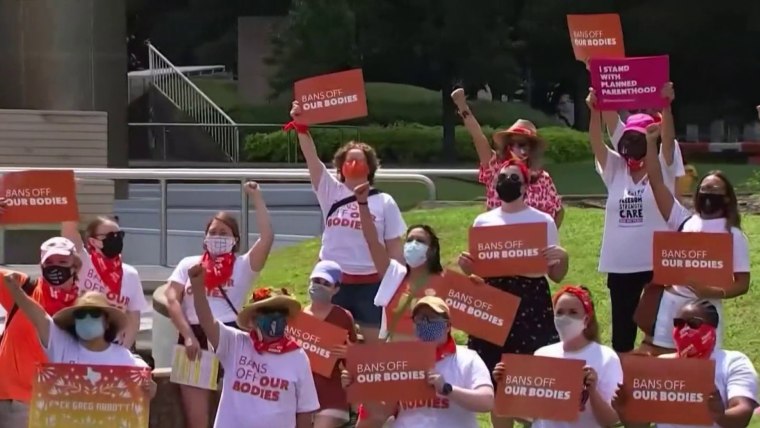
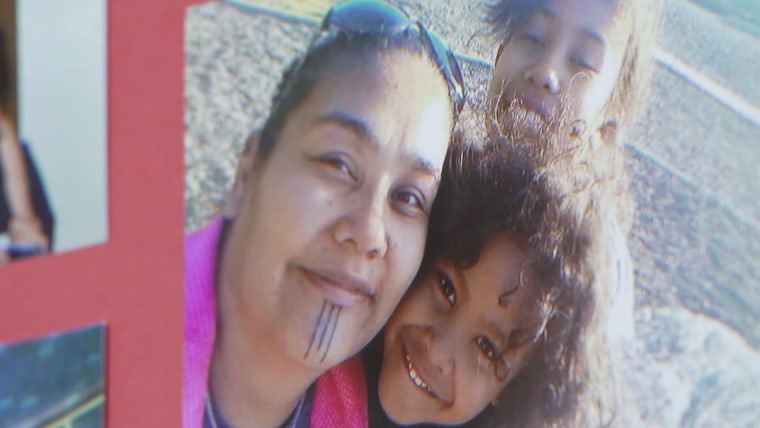

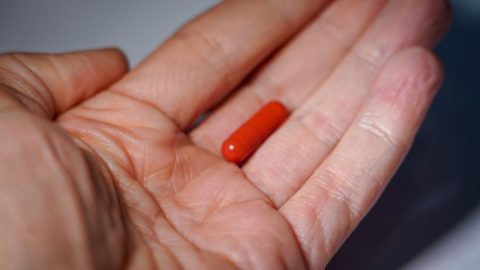
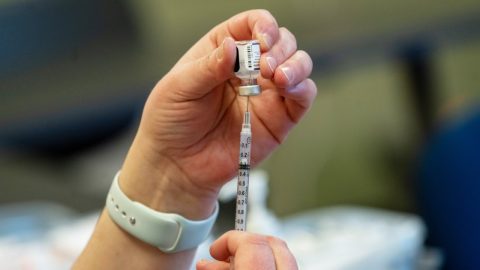

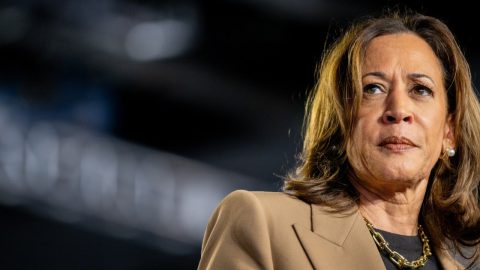


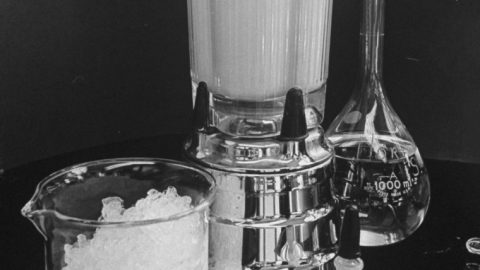
Recent Comments